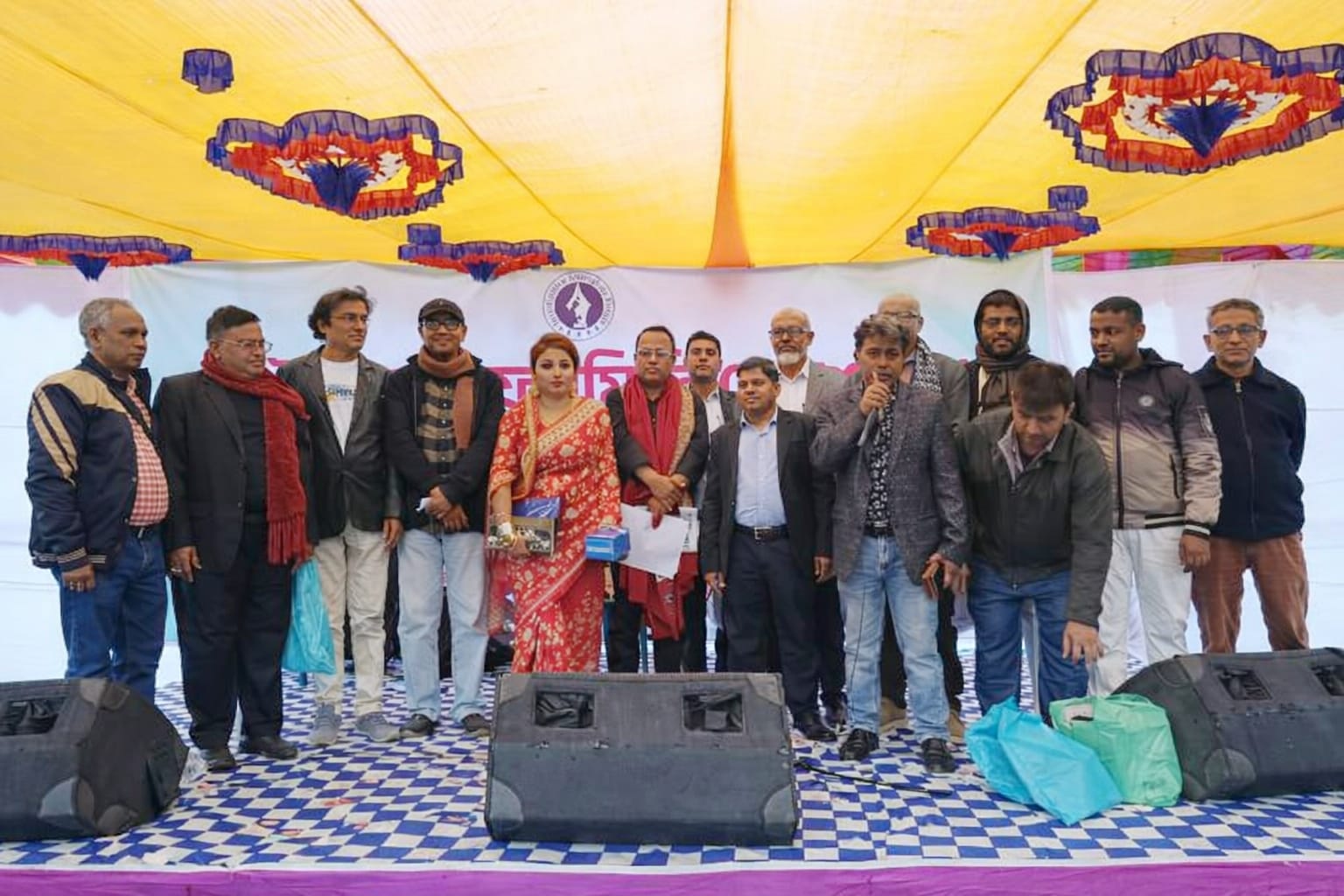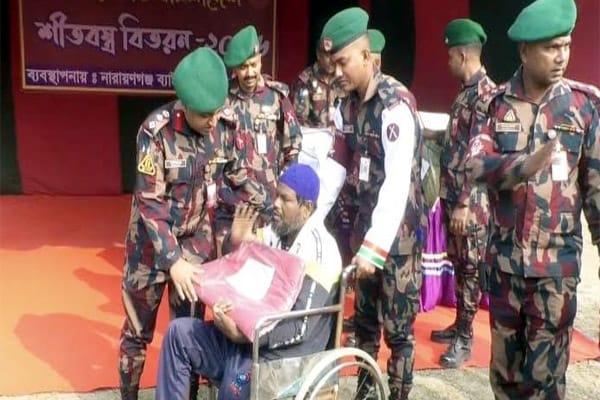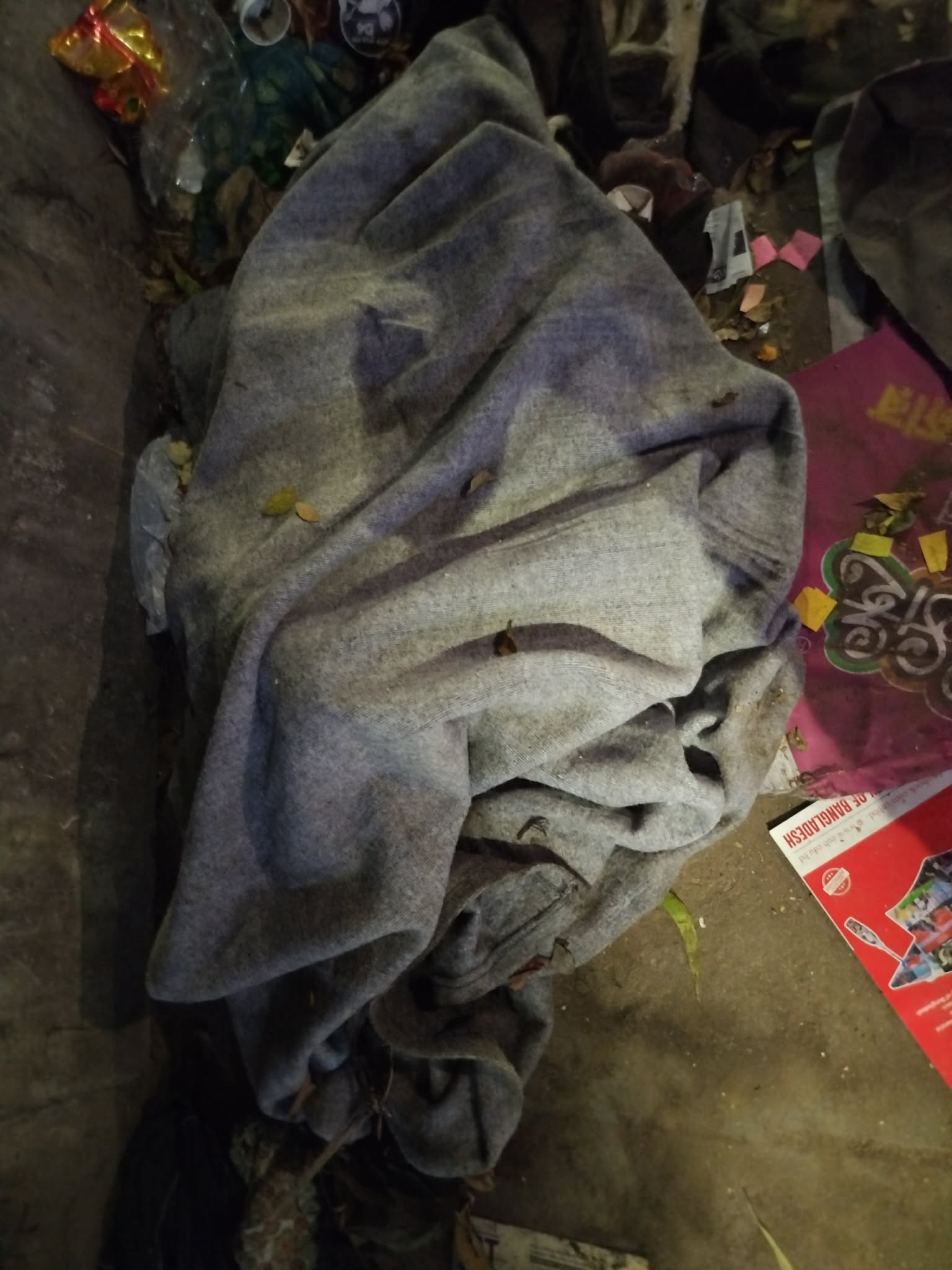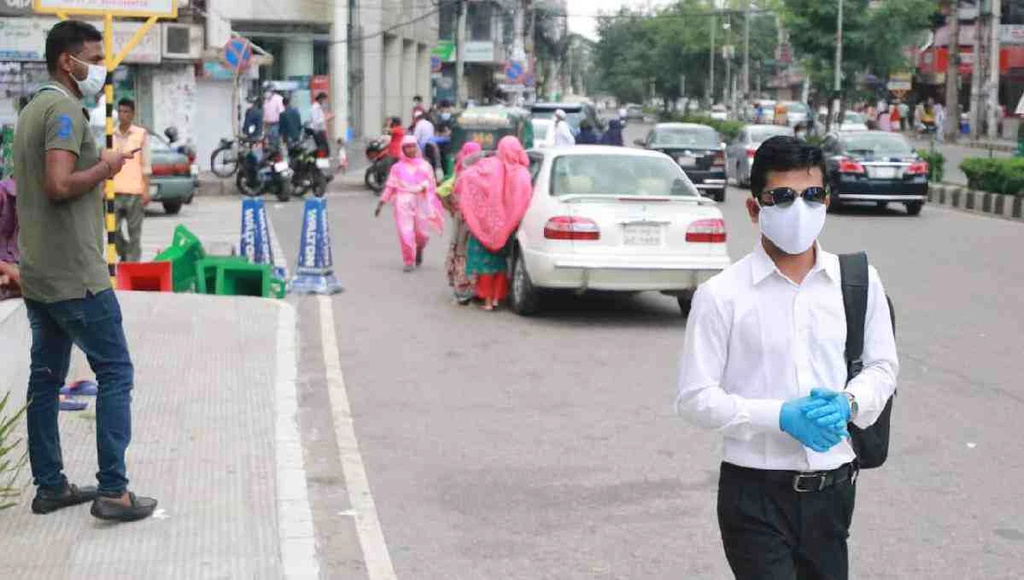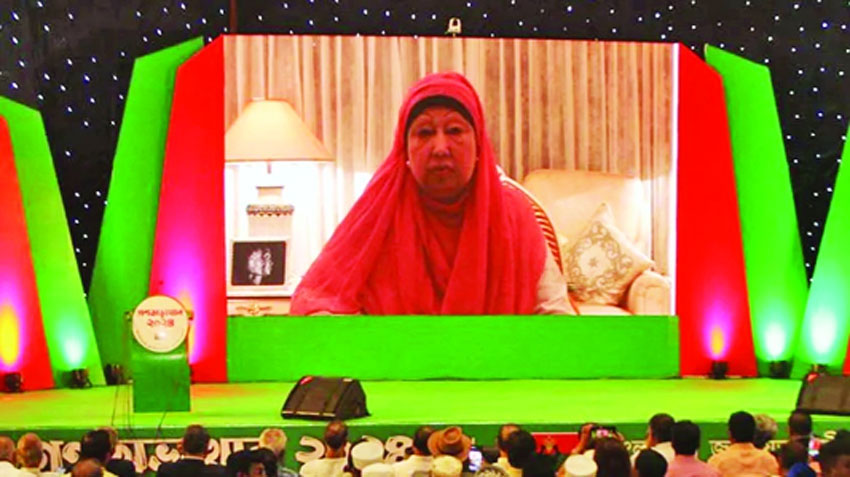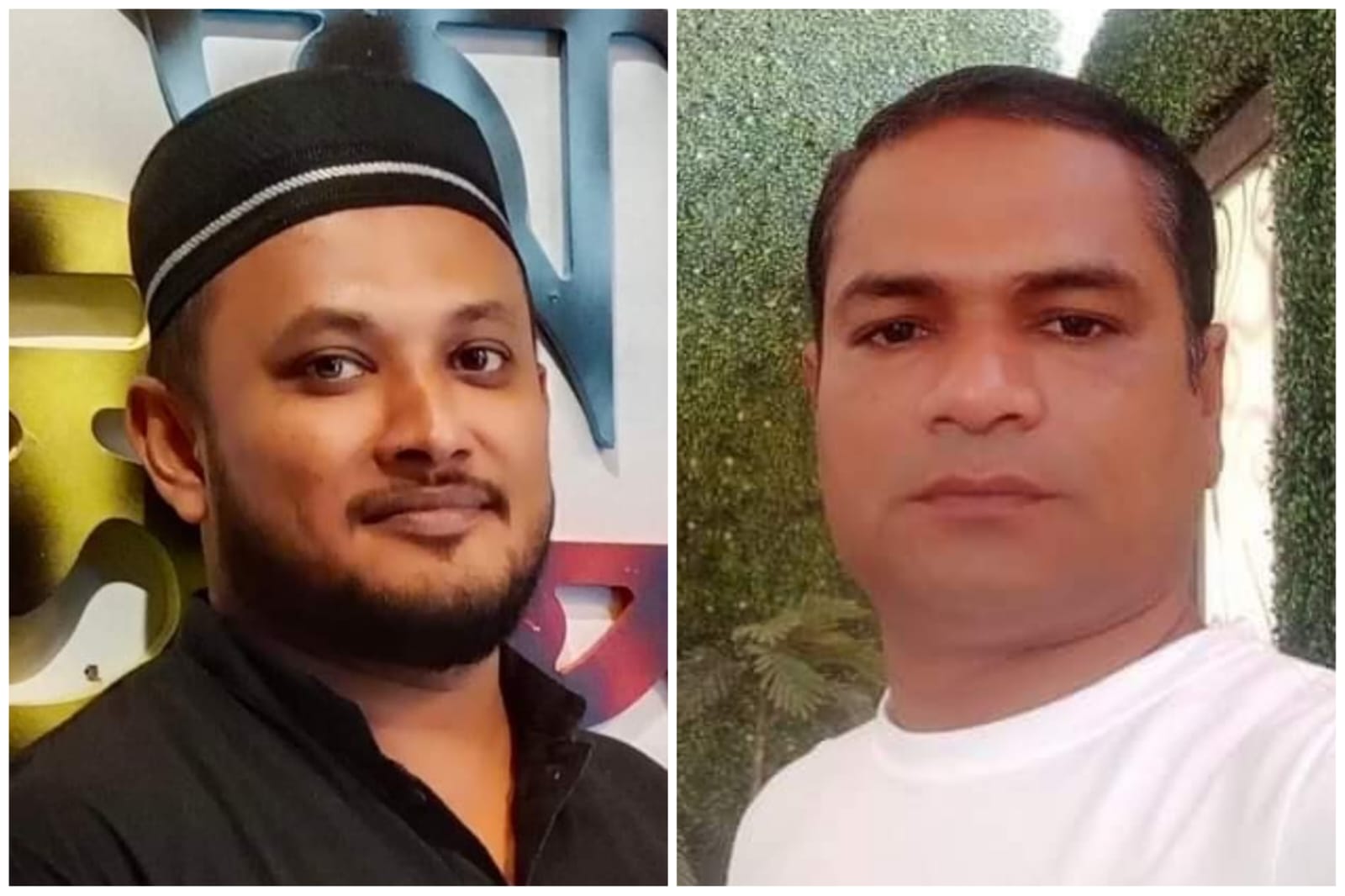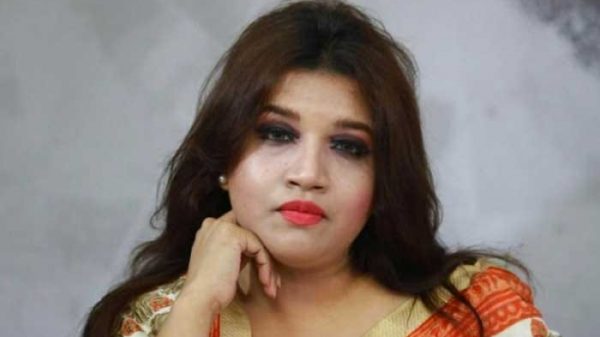- 2022-04-27 11:18:41
- LAST MODIFIED: 2026-02-22 19:03:15
Suu Kyi's uphill battle in Myanmar junta's secretive courts
International Desk
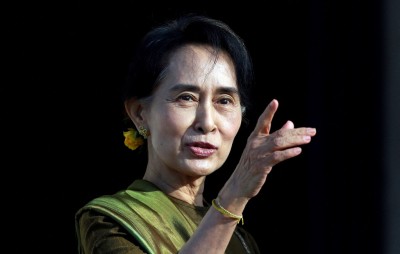
A court in army-ruled Myanmar delivered a guilty verdict and five-year prison term for 76-year-old former leader Aung San Suu Kyi on Wednesday, adding to six years already handed down in trials since December.
WHAT ARE THE CASES HANDLED SO FAR?
The charges, introduced over the course of last year, vary from relatively minor violations to serious crimes with prison terms of up to 15 years. Suu Kyi denies wrongdoing.
Her supporters say the military initially used minor infringements as a pretext to go after her when it staged its coup, including violating COVID regulations and importation and possession of walkie-talkie radios without a license.
Suu Kyi was convicted in December and January of those offences, as well as incitement, after her party sent a letter - while she was detained - urging embassies not to recognise the military junta.
WHICH CASES REMAIN?
Wednesday's verdict was the most serious so far, the first of 11 charges of corruption, each of which carry jail terms of up to 15 years. She was found guilty of accepting 11.4 kg (402 oz) of gold and $600,000 cash from her former protege, Phyo Min Thein, once the chief minister of the city of Yangon, an allegation she said was absurd.
Suu Kyi is also on trial accused of using charity money to build a home, and is accused of having leased state-owned land at a discounted rate and of misusing state funds for a helicopter while leader of the country.
The 1991 Nobel Peace Prize laureate is also charged with an undisclosed violation of the official secrets act and influencing the election commission ahead of polls in November 2020, which her party won and the military said were fraudulent.
IS SHE GETTING A FAIR TRIAL?
Human rights groups have called it a kangaroo court and Western governments and United Nations experts say the trials are a sham and have demanded her release. The junta says she is being given due process by an independent judiciary, noting the judge was appointed by her administration.
The junta is tightly controlling information and it is unclear if, and by what measure, she is getting a fair trial. Proceedings are being conducted behind closed doors and a gag order prevents her legal team from discussing developments.
Though not remanded in prison, she is being held in an undisclosed location and denied visitors or means to communicate with the world outside. Her lawyers have no access to her outside of court.
Suu Kyi's trial schedule has been intense and there are concerns about the impact on her health due to her age. The court is handling different cases on different days, sometimes two in the same day, many of them adjourned due to no-shows by prosecution witnesses.
HOW DO OTHERS SEE THE TRIALS?
Many political analysts and Myanmar experts regard the trials as an attempt to tie Suu Kyi up for years in legal proceedings and kill off any hope of her making a political return and challenging the junta.
For decades Suu Kyi has been the icon of Myanmar's struggle against military rule and arguably the only figure the people and the Southeast Asian country's dozens of ethnic groups have managed to rally behind.
The military has much to gain from sidelining her while it consolidates power and crushes its many opponents before promised elections in 2023, and a return to democracy that it can influence.
On Wednesday, the junta made no mention of Suu Kyi's conviction during a televised news conference that lasted close to four hours, while a newsreader on state TV made only a brief mention of the ruling at the end of its nightly news bulletin.
Source: Routers

